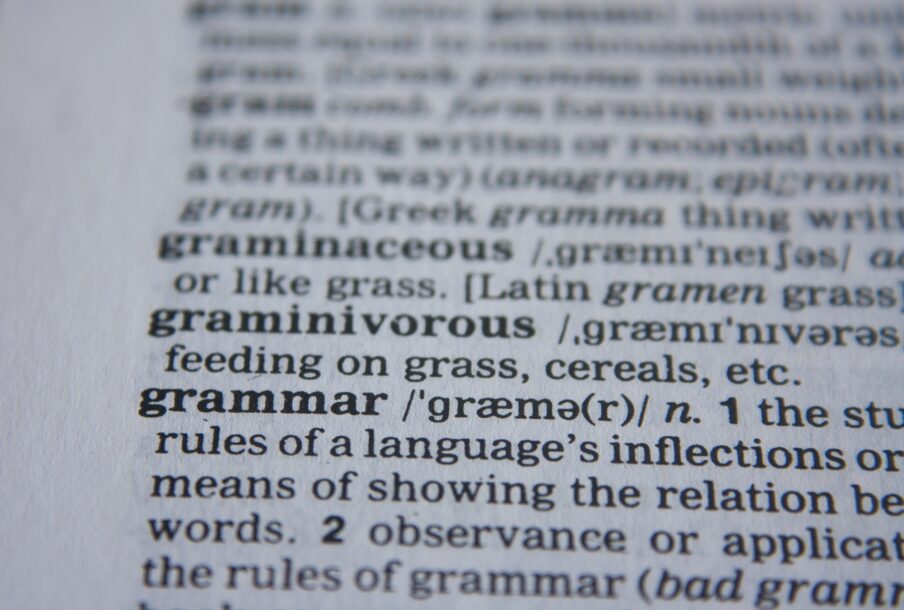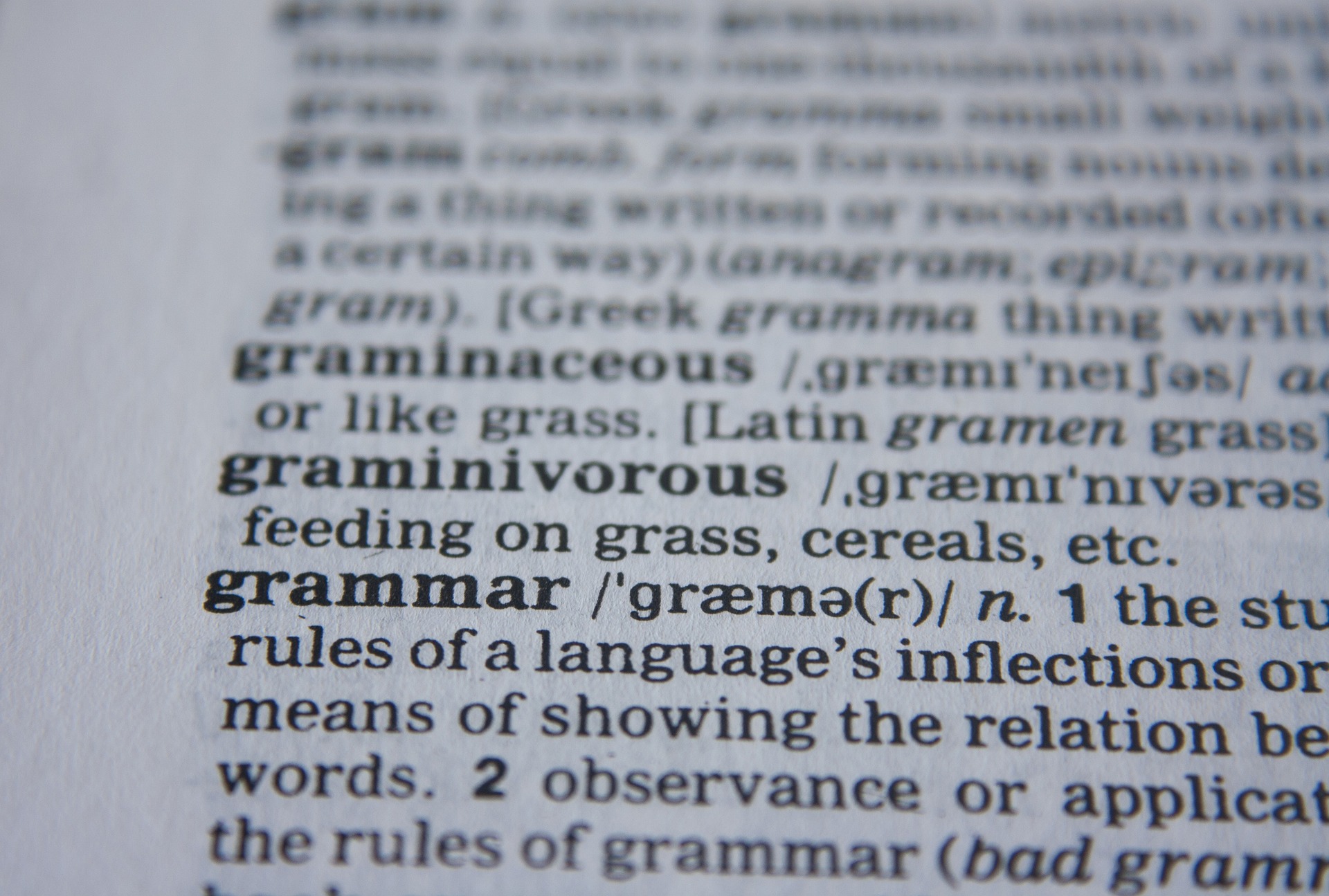By Carrie L. Weston, @carrieallbooks
Grammar? Ugh.
Many writers–in spite of their love of writing–hate the burden of writing according to standardized rules of grammar. I hesitated to select this topic for this blog post, knowing that readers could react negatively toward it. Writers frequently list following grammar rules as their least favorite part of writing. So, if you saw this title and your stomach clenched in remembered anger of the time you tried to figure out if that poem’s title you quoted in your novel should be set apart with quotation marks or italics, or that time when you had to go back and turn all the double spaces after the end of your sentences into single spaces, then you are not alone.
Writers may think that grammar isn’t as important lately due to advances in AI assisted grammar tools and freelance editors who work online through services like Fiverr. However, submitting polished writing to agents, editors, and publishers is a way to highlight your hard work and dedication. It is also important to know the rules so that you can break them effectively so as to make their choices enhance the experience of readers.
For the past decade I have been an adjunct professor for several local universities. In the English and Communication courses I have taught, grammar training continues to be the least enjoyed part of the curriculum. Grammar also happens to be a required piece of the curriculum where I often join my students in their frustration. Frankly, the English language sometimes makes no sense. And thank you, readers of this post for not commenting on any grammatical errors you may read. My students’ least favorite parts of grammar include comma rules, misplaced and dangling modifiers, and the old classic of when to use who vs. whom.
What can we do to help us understand if that question mark goes inside or outside of quotation marks and if you can end a sentence with an ellipse–and should you add an extra period if you do?

One key is to not try to become a perfect grammarian overnight. Don’t try to learn all of the grammar rules in one fell swoop. In my classes, students learn grammar rules over months. Many still don’t feel confident at the end of the semester. You may want to study comma rules for your chosen citation style. Commas rules are frequently used, can be frustrating, and learning about the rules lets you join in forming a strong opinion on the necessity of the Oxford comma. You might want to learn about the semicolon; many people don’t know that there are actually two rules for its usage. As you study, focus on only one citation style at a time. Learn what style is used most frequently in your area of writing and study that. You will only infrequently need to know other styles.
Try to make it interesting. Many writers find studying grammar dry and frustrating, but there are places that learning can be a little more fun. Merriam-Webster Dictionary has great tools in Youtube, including grammar and usage videos. I try to use graphics from English as a second language training in my classes as they look better and are easier to understand than many textbooks or handbooks. I also have some grammar presentations on my website that I have adapted from in-class learning.
One final area that trips up students is when it comes time to edit. Most of us are going to use tools like Grammarly, or at least use spell check. In fact, please use spell check. But don’t believe spell check.
Many of my writing students have blindly accepted all suggestions from whatever tool they were using. This results in meaning in essays being changed to something different or simply words incorrectly spelled. Your computer doesn’t know what you mean, only you know what you mean. If you think your spell check is making a wrong choice, it probably is.
If you are wondering if I committed a grammar faux pas at the end of the last paragraph, I encourage you to head over to Google for lots of information and debate on ending a sentence with “is.”
Carrie Weston is a writer and professor living and working in the Twin Cities. Carrie is the managing editor of Shore to Shore Literary Magazine. Her writing has been featured in places like Spark Flash Fiction and her debut novel will be published in late 2023. In addition to writing, Carrie is a mom to five (soon to be six) works for Apricot Services, a marketing and PR company serving publishers and authors, teaches writing at multiple Minnesota universities, as well as instructing in local community education. She has a M.A. in Strategic Communication Management and an MFA in Creative Writing. Carrie is originally from Michigan, and her family enjoys exploring the Great Lakes region and writing stories of communities and people in the area. Connect with Carrie at carriewestonwriter.com


